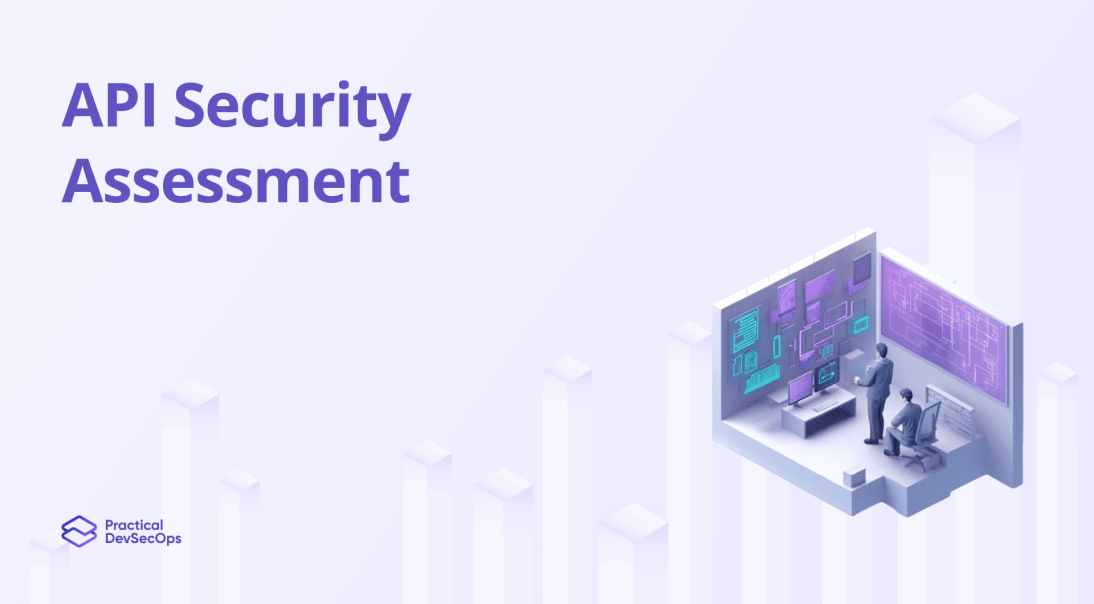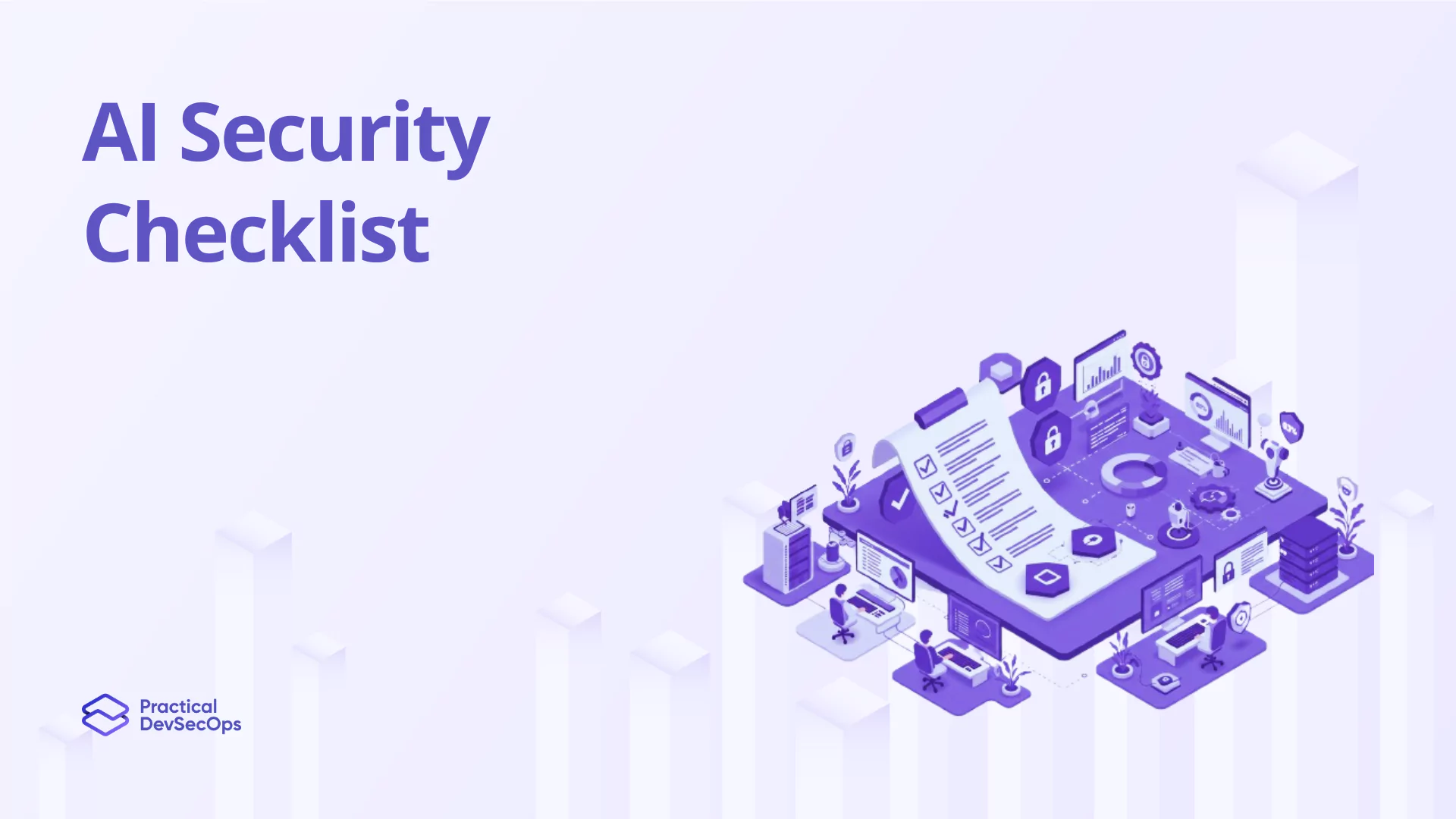The utilization of APIs (Application Programming Interfaces) continues to grow at an exponential rate, ensuring their security has become paramount. Cybercriminals consistently target APIs to exploit vulnerabilities and gain unauthorized access to sensitive data. To protect your digital assets and maintain the trust of your users, conducting regular API security assessments is crucial. In this article, we will explore the importance of API security assessments and provide practical insights on how to assess and improve the security of your APIs.
Why API Security Assessments Matter
API security assessments are essential for identifying and mitigating vulnerabilities and ensuring the resilience of your APIs against cyber threats. Here are several reasons why these assessments matter in today’s digital landscape:
- Identify Vulnerabilities Early: Regular security assessments allow you to proactively identify vulnerabilities in your API infrastructure before they are exploited by malicious actors.
- Protect Sensitive Data: APIs often handle and transmit sensitive data, such as personal information and financial records. Assessing API security helps safeguard this data from potential breaches and unauthorized access.
- Maintain Compliance: Compliance with industry regulations, such as GDPR or PCI-DSS, is crucial. API security assessments help align your APIs with the necessary security standards and avoid potential legal and financial penalties.
- Preserve Business Continuity: APIs are vital for the smooth functioning of modern applications, and any API-related security incident can disrupt critical business processes. Regular assessments ensure the stability and availability of your APIs.
- Enhance User Trust: In this era of increasing data breaches, users are more concerned about the security of their information. By conducting security assessments, you provide assurance to your users that their data is protected, fostering trust and loyalty.
Conducting an API Security Assessment
1. Identify API Assets
- Determine all APIs within your organization, including internal and external-facing APIs and third-party integrations.
2. Threat Modeling
- Perform a threat modeling exercise to identify potential risks and security concerns associated with each API.
- Consider factors such as data sensitivity, authentication methods, authorization mechanisms, and potential attack vectors.
3. Security Standards and Best Practices
- Familiarize yourself with industry security standards and best practices for API security, such as OWASP API Security Top 10.
- Ensure that your APIs adhere to these standards and implement the recommended security controls.
4. Authentication and Authorization Assessment
- Evaluate the authentication mechanisms employed by your APIs.
- Are strong authentication methods, such as two-factor authentication (2FA), in place?
- Is proper authorization implemented to restrict access based on roles and permissions?
5. Data Validation and Input Sanitization
- Assess how your APIs validate and sanitize user input to prevent common vulnerabilities like SQL injection or cross-site scripting (XSS) attacks.
- Ensure that proper input validation and output encoding mechanisms are in place.
Also Read, API Security Best Practices
6. Transport Security
- Assess whether secure communication protocols, such as HTTPS, are correctly implemented to encrypt data in transit.
- Verify the use of strong cipher suites and adherence to cryptographic best practices.
7. Error and Exception Handling
- Evaluate how your APIs handle errors and exceptions.
- Assess if sensitive system information is inadvertently disclosed in error messages.
8. Logging and Monitoring
- Review your API logging capabilities to ensure they capture necessary information for security monitoring and incident response.
- Assess if logs are adequately protected and regularly reviewed for any suspicious activities.
Also Read, API Security Testing and its Best Tools
9. Third-Party Assessments
- If your APIs rely on third-party components or integrations, evaluate the security practices of those vendors to ensure their security measures align with your requirements.
10. Documentation and Training
- Review the documentation provided for your APIs to ensure it includes comprehensive security guidelines and best practices.
- Conduct security awareness training for developers and other key stakeholders involved in API development and maintenance.
It’s essential to keep in mind that API security assessments should be an ongoing process. Regularly reassess your APIs as new threats and vulnerabilities emerge.
Also Read, Guide to API Security Management
Real-World Example: E-commerce API Security Assessment
Imagine you manage an e-commerce platform with various APIs interacting with customer data. Here’s an example of how to conduct an API security assessment:
- Begin by identifying all APIs used within the e-commerce platform, including those handling customer data, payments, and third-party integrations.
- Perform a threat modeling exercise to identify potential risks, such as unauthorized access to customer data or injection attacks on the payment API.
- Assess the authentication and authorization mechanisms employed by the APIs. Ensure strong authentication methods and proper role-based access controls are in place.
- Evaluate how data input and output are validated and sanitized to prevent common vulnerabilities, such as SQL injection or cross-site scripting attacks.
- Verify that secure communication protocols (including HTTPS) are implemented to encrypt data in transit between the e-commerce platform and external systems.
- Evaluate how errors and exceptions are handled by the APIs, ensuring that sensitive system information is not disclosed in error messages.
- Review the logging capabilities of the APIs, ensuring that relevant security events are logged and monitored for suspicious activities.
- If there are any third-party components or integrations, assess the security practices of those vendors to ensure they meet your security requirements.
- Ensure that comprehensive documentation is provided for the APIs, including security guidelines and best practices, and conduct security training for developers and stakeholders involved.
- Regularly reassess the security of the e-commerce APIs as new threats and vulnerabilities emerge to maintain the security posture of the platform.
By following this example, you can tailor the API security assessment process to fit your specific needs and ensure the security of your e-commerce APIs.
Download Free E-book on API Security
Conclusion
API security assessments play a vital role in maintaining the integrity, confidentiality, and availability of your APIs. By conducting regular assessments and addressing identified vulnerabilities, you can safeguard sensitive data, comply with regulations, and instill trust in your users. Remember, API security assessments should be an ongoing practice, adapting to evolving threats and emerging best practices. With a comprehensive API security strategy in place, you can confidently leverage the power of APIs while minimizing the risk of cyber threats.
Interested in API Security Hands-On Upskilling?
Practical DevSecOps offers an excellent Certified API Security Professional (CASP) course with hands-on training through browser-based labs, 24/7 instructor support, and the best learning resources to upskill in API security.
Start your journey mastering API security today with Practical DevSecOps!
Also Read about, API Security Trends of 2025







0 Comments